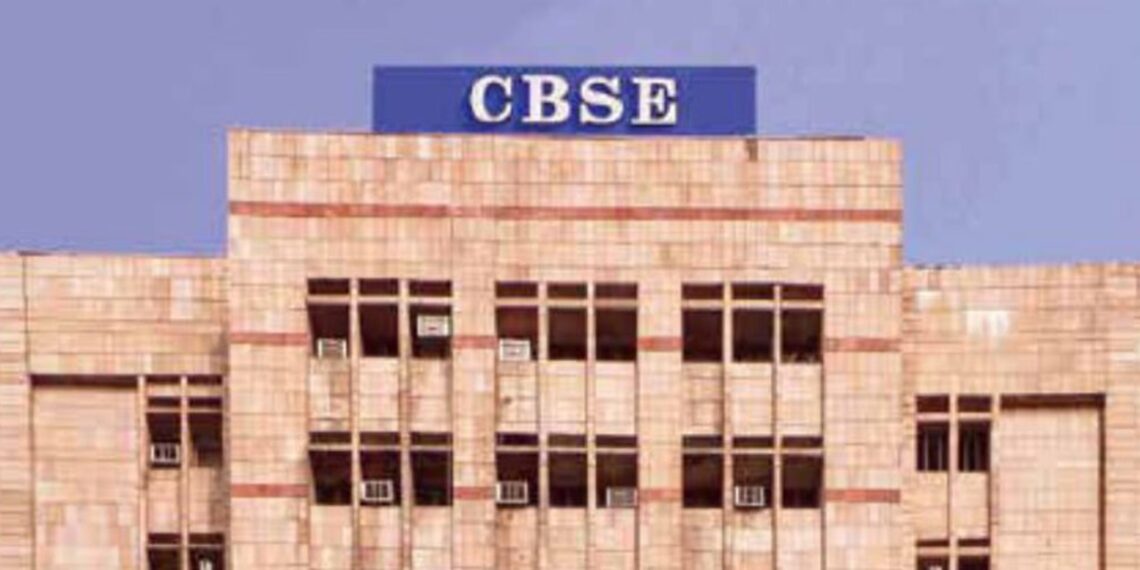New Delhi: The Central Board of Secondary Education (CBSE) has announced a significant change in its evaluation process for Class 10 students. Starting in 2026, students will have the option to appear for board exams twice in an academic session, aligning with the recommendations of the National Education Policy (NEP).
The first phase of the exam will be held in February and will be mandatory for all students.
The second phase, scheduled for May, will be optional, allowing students an opportunity to improve their performance.
If a student appears for both phases, their higher score will be retained as the final result, officials confirmed.
CBSE Examination Controller Sanyam Bhardwaj stated that results for the February exam will be announced in April, while the May phase results will be released in June.
He also noted that students can improve their scores in up to three subjects, including science, mathematics, social science, and languages.
CBSE Chairman Rahul Singh emphasized the importance of the February exam, explaining that it ensures students take the board exams seriously and upholds their integrity.
Students who fail to appear in at least three subjects during the February phase will not be allowed to take the second phase and will be categorised under “Essential Repeat.”
These students will have to wait until the next year’s main exam in February to retake their tests.
Students with compartment results in February can attempt the second phase under the compartment category.
However, additional subjects will not be allowed after passing Class 10, and standalone subject exams will not be permitted.
The two-phase system also provides flexibility for specific groups.
Winter-bound schools can choose between the two phases, while students involved in sports events can opt for the May phase for subjects that overlap with their schedules.
Internal assessments will be conducted only once during the academic year.
The introduction of this system replaces the current supplementary exam format. Instead, the May phase will serve as a supplementary opportunity for score improvement.
Previously, students could attempt to improve scores in two subjects during July, with results announced in August.
Under the new system, students will now have the chance to improve scores in three subjects, with results announced sooner in June.
The new model aims to reduce the “high-stakes” nature of board exams and provide students with greater flexibility and opportunities for academic growth.
Both phases will cover the full syllabus, and the examination scheme will remain consistent across both sessions.
CBSE had earlier shared draft norms in February, inviting feedback from stakeholders, including schools, parents, teachers, and students.
The finalised framework is expected to streamline the examination process, offering students additional opportunities while maintaining academic rigor.















